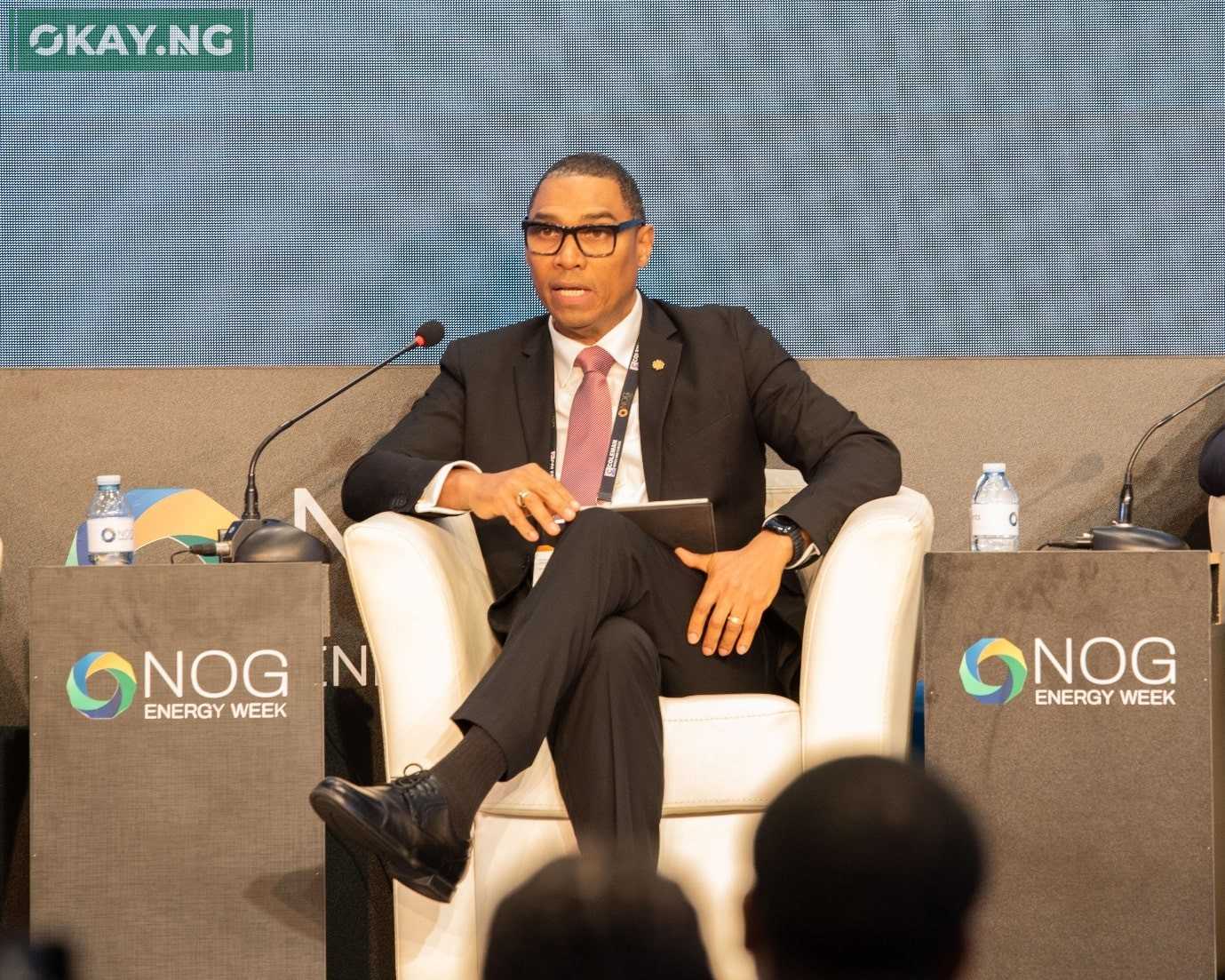Energy giant Shell has reiterated its commitment to long-term investments in Nigeria as the country intensifies efforts to achieve energy abundance and move towards a net-zero emissions future by 2050.
Speaking during a panel session at the 2025 Nigeria Oil and Gas Conference in Abuja, Ronald Adams, Managing Director of Shell Nigeria Exploration and Production Company Ltd (SNEPCo), highlighted several projects that demonstrate Shell’s ongoing confidence in the Nigerian energy sector.
Adams pointed to Shell’s expanded stake in the Bonga field, the Final Investment Decision (FID) on Bonga North, and future plans involving Bonga Southwest and the HI project as clear indicators of its intent to stay invested. However, he refrained from providing timelines for upcoming FIDs, including that of the HI development.
The panel, themed “Pragmatically Achieving Energy Abundance,” brought together top executives from leading oil companies and key government figures to discuss realistic pathways to energy sufficiency in Nigeria’s rapidly evolving energy landscape.
Okay.ng reports that Adams used the platform to emphasize Shell’s strategy to strengthen its efficiency and value delivery across the upstream sector. “There is a requirement for us to push the envelope. We cannot rest on our oars,” he said, stressing SNEPCo’s collaborative approach with the Nigerian Upstream Investment Management Services (NUIMS) and other stakeholders.
Adams further stated that Nigeria’s net-zero ambition by 2050 is achievable if the country optimizes investment in hydrocarbons while also embracing quick wins in renewable energy solutions. He underscored the importance of a balanced energy mix to meet the growing demands of Nigeria’s population without compromising global climate commitments.
On Shell’s climate agenda, the SNEPCo boss referenced the company’s renewed Powering Progress strategy, which focuses on transitioning “purposefully and profitably” to low-carbon businesses by the early 2030s.
He concluded by calling on the Nigerian government to support industry-led climate efforts through progressive policies and an enabling business environment.
“It is important that government continues to support these efforts and those of other industry players through the right policies and creation of a conducive environment for businesses to thrive,” Adams said.







